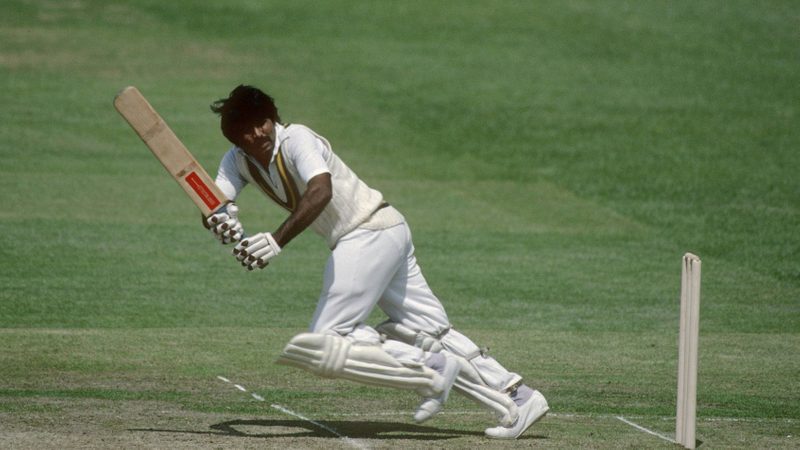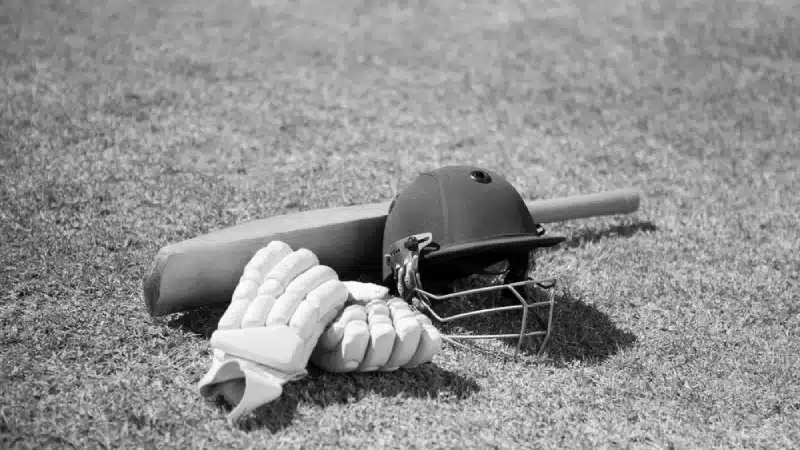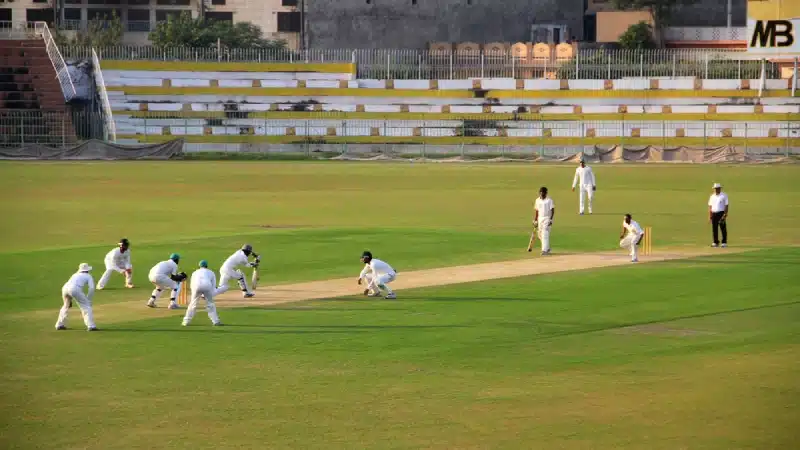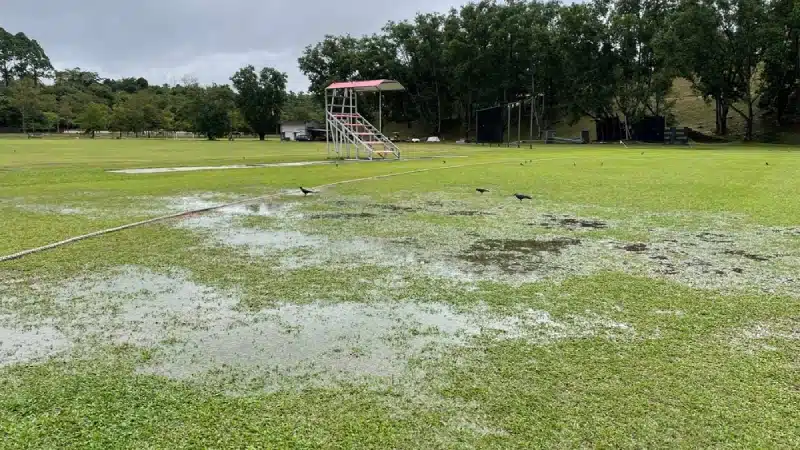
Scoring a hundred in Tests is by no means an easy feat, with plenty of talented players who have thrived in other formats of the game failing to ever do so in red-ball cricket. If you thought scoring a ton is difficult enough in Tests, then making a double century is even more of a challenge, with the batsman’s natural ability and mental wherewithal being pushed to the limit in cricket’s oldest format. Double centuries are generally scored by experienced players who have been battle-hardened after years of Test cricket but here we look at some of the youngest players in the history of the game to have achieved that feat.
Javed Miandad vs New Zealand (1976)
Aged 19 years and 140 days, Pakistan’s legendary batsman Javed Miandad became the youngest player to score a double ton in Tests during the opening innings of the third Test of their tour of New Zealand in 1976. Miandad was in imperious form, smashing the Kiwis for 29 fours and two maximums en route to 206. His knock helped Pakistan post 565 on the scoreboard in the first innings and he also scored 85 in the second as the match eventually ended in a draw and the tourists sealed a 2-0 series victory.
George Headley vs England (1930)
Prior to Miandad holding the record, the distinction of the being the youngest-ever double centurion in Tests belonged to West Indies’ George Headley for 46 years. He managed to do so in extremely challenging conditions at the tender age of 20 years and 308 days. After a below-par display by West Indies in their first innings of the fourth Test of England’s tour of the Caribbean islands in 1930, the tourists set a target of 836. However, Headley wasn’t prepared to throw in the towel and with the help of a few of his teammates managed to score 223 to save the Test. His brave and determined knock saw him hit 28 fours.
Vinod Kambli vs England (1993)
India’s youngest double centurion in Tests, Vinod Kambli’s knock came during the third Test of England’s 1993 tour of India. Kambli top-scored for India with 224 at 21 years and 32 days as the tourists lost the match by an innings and 15 runs. The loss meant that India had whitewashed England, winning the three-match series 3-0. Still relatively new to the international circuit at the time, Kambli’s knock was a joy to watch. The elegant left-hander hit 23 fours during his 224 as India posted 591 in their only innings in the Test.
Sir Garry Sobers vs Pakistan (1958)
If you thought scoring a double ton was difficult for youngsters, one can well imagine how challenging scoring a triple ton would be. But if your name was Sir Garry Sobers, that would comprise just another day at the office as it is exactly what the West Indian legend did aged 21 years and 213 days. Walking into bat at number three during the West Indies’ first innings of the third Test of Pakistan tour of the Caribbean islands in 1958, Sobers proceeded to deliver a masterclass in batting and was well-supported from the other end by the likes of Sir Conrad Hunte, Sir Everton Weekes and Sir Clyde Walcott. He smashed 38 fours en route to an unbeaten 365 and helped West Indies win by an innings and 174 runs.
Graeme Smith vs Bangladesh (2002)
The most recent knock on this list, former South African skipper Graeme Smith scored a double ton for the Proteas aged 21 years and 259 days. Opening the innings for his team during Bangladesh’s tour of South Africa in 2002, the stylish left-hander was at his brilliant best, scoring 200 with 25 fours in his innings. His knock helped South Africa post a mammoth first innings total of 529 and Bangladesh’s meek response saw them being bundled comfortably in both their innings as the Proteas won the match by an innings and 107 runs and Smith was declared the Player of the Match.
Feature image courtesy: Twitter.com / @ICC




















